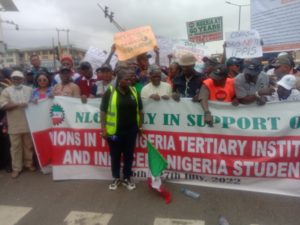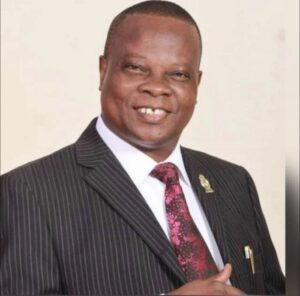Why Labour demands fiscal, monetary policy reform

The Organised Labour in Nigeria has tasked the Federal Government to as a matter of urgency, carry out some bold reforms, robust fiscal and monetary policy actions to reduce the number of Nigerians who may slide into poverty and acts of criminality.
Celebrating the World Decent Work Day Wednesday October 7 with the rest of the world, both the Trade Union Congress (TUC) and Nigeria Labour Congress (NLC) made the call in Lagos and Abuja, stressing that the Federal Government must also put in place recovery and resilience plans which prioritize jobs and secure employment. The TUC President, Quadiri Olaleye, in his address at the 2020 World Day for Decent Work Celebration organised by the Association of Senior Staff of Banks, Insurance and Financial Institutions (ASSBIFI) said Nigeria is a mono-economy; hence the collapse of international oil prices has been monumental, stating that it has destabilized the macroeconomic balances thus further increasing the number of Nigerians living in poverty. He equally called on employers in both public and private sectors to give attention to human resource as it remains one of the critical ways to bring back economic growth and build a new global economy.
Olaleye maintained that a social contract is at this point necessary for a robust global economy that is capable of tackling the nation’s numerous challenges, especially the pandemic, climate change and inequality, among others.
The NLC President, Ayuba Waba, in his speech in Abuja, called on the Nigerian government to respect chapter two of the constitution of the Federal Republic of Nigeria, which he said demands that the commanding heights of the economy must not be left in a few hands, but must be managed by government in the interest of the majority of citizens.
He said, “It is on this note that we insist that the government must respect the terms of the recent agreement signed with labour, especially with regards to the overhauling of our national refineries.
We also demand the reversal of the failed privatization of our power sector. We insist that Government has business in business.
Workers create the wealth and deserves a fair share of the proceeds of production and a good portion of the wealth they create.”




